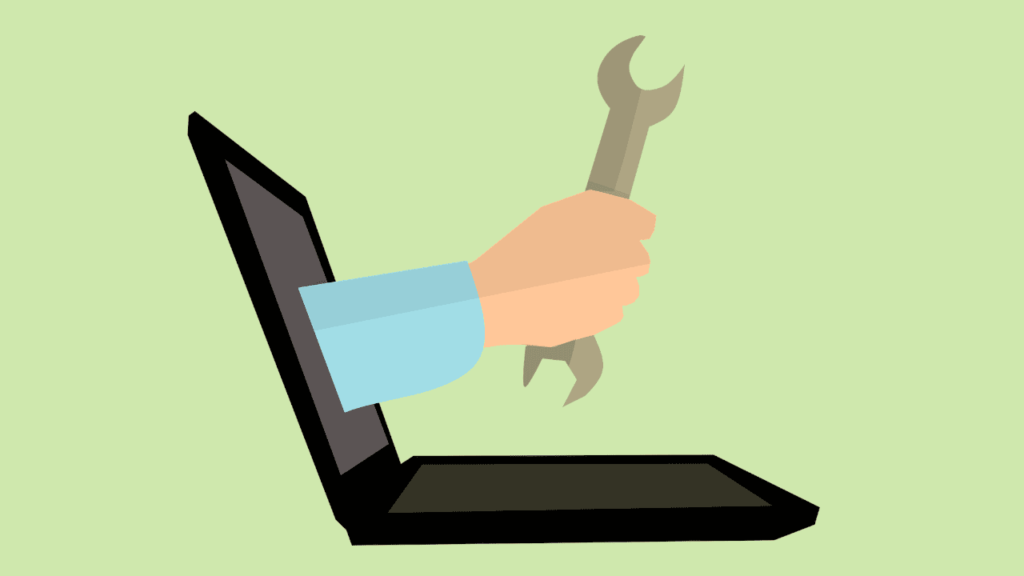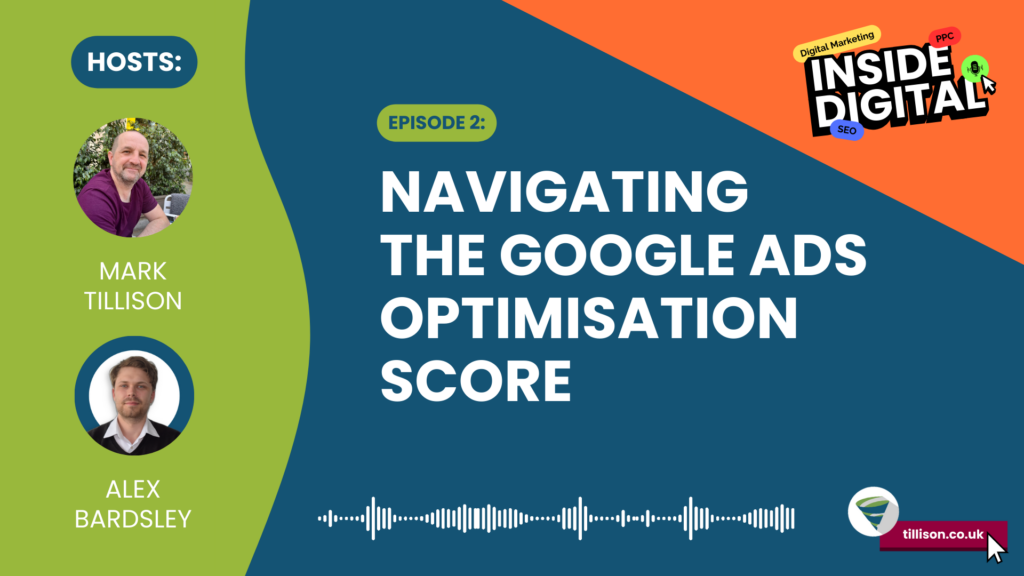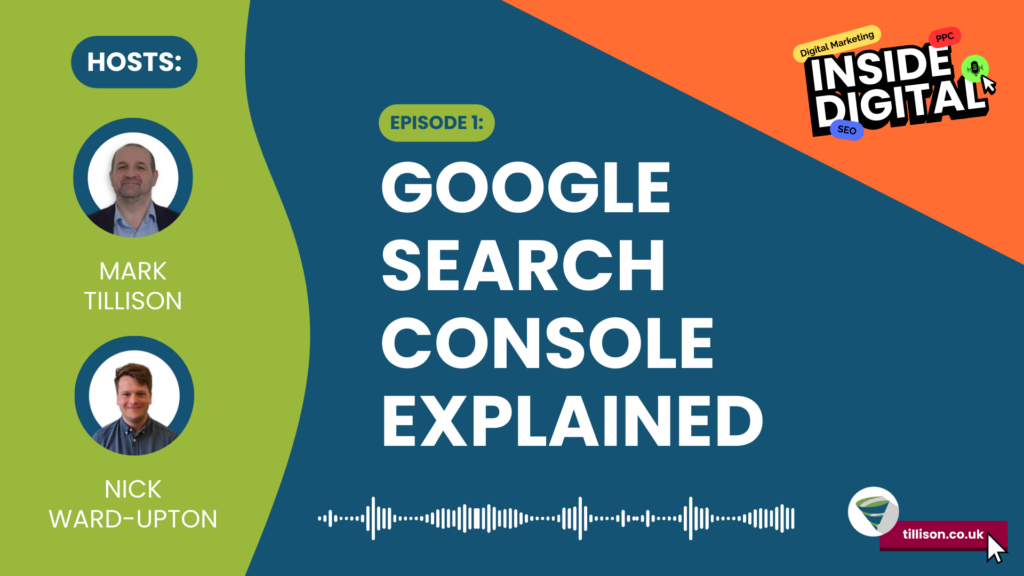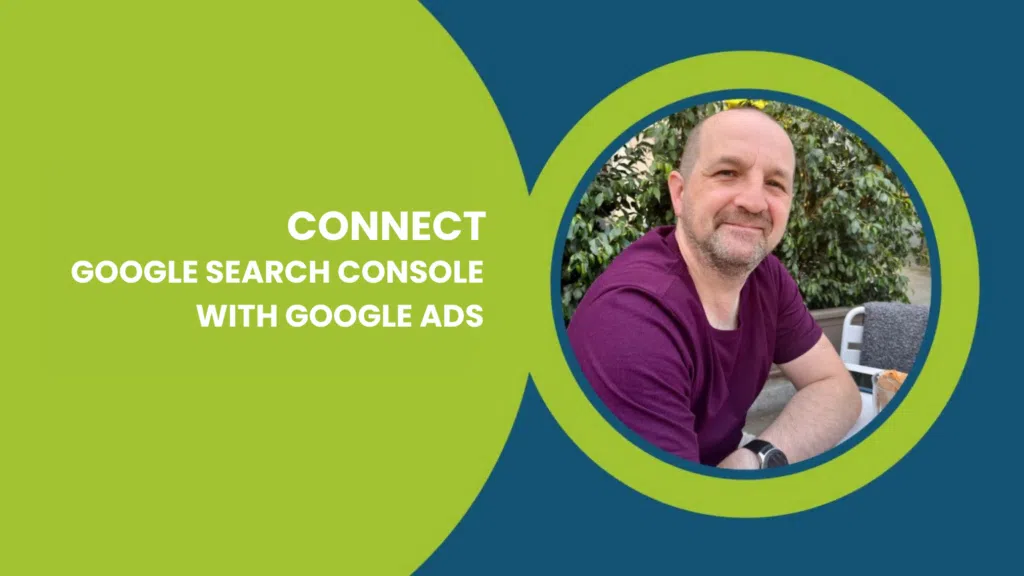As we previously reported in May 2021, your website’s page experience on mobile will influence your ranking in Google’s search results from the middle of June 2021.
But while many web developers have been busy fixing the presentation and performance of their mobile sites to achieve the highest Core Web Vitals score possible, an announcement made during a Google I/O presentation might throw a spanner in the works for some.
Page experience ranking is coming to desktop
While more of us are browsing the web on our mobile devices than ever before, there’s no question that desktop sites are still crucial for any business. After all, they typically offer a superior user experience when compared to their mobile counterparts.
Since it was announced in May 2020, the assumption has been that the page experience ranking signal (based on Core Web Vitals, HTTPS, and safe browsing) was going to be exclusive to mobile searches. However, it now appears that Google has also made the decision for page experience to influence the ranking of websites on desktop searches too.
🥳🎉 Page experience is important on all types of surfaces. While we're starting with mobile in mid-June, page experience ranking is coming to desktop as well!https://t.co/lPCwzijAQ9 pic.twitter.com/AYsParLAp0
— Jeffrey Jose (@jeffjose) May 18, 2021
Jeffrey Jose is a Product Manager at Google, who said during his Google I/O presentation that “page experience is critical no matter the surface the user is browsing the web”. He also went on to say that Google will be “providing updated guidance, documentation, and tools along the way to help your pages perform at its best” in the future.
Improving your desktop page experience
While it’s unknown how weighted this signal will be, it’s important to address these changes before Google rolls them out, just in case.
Even if your site’s ranking isn’t affected, it’s always worth improving your desktop page experience to ensure your visitors have the best experience possible. A website that performs well is likely to reduce your bounce rate and hold the attention of any potential customers for longer.
It’s worth noting that approximately 40% of all sites on the internet run on the WordPress CMS, so implementing a page speed optimisation strategy is relatively easy, or you can always hire a company like Tillison that provides WordPress Page Speed Optimisation Services. Some of the ways you can do this is through caching plugins, reducing the file size of media on your pages, or changing to a quicker hosting provider.
Implementing these improvements will make a huge difference to your user experience, so if you haven’t looked into improving your WordPress site already, now is the time too!
If you’ve already updated and optimised your site, tweet it to us on @TeamTillison and let us know whether or not you think that improving your desktop site’s Core Web Vitals ahead of Google’s algorithm update will have any significant change on your ranking!







